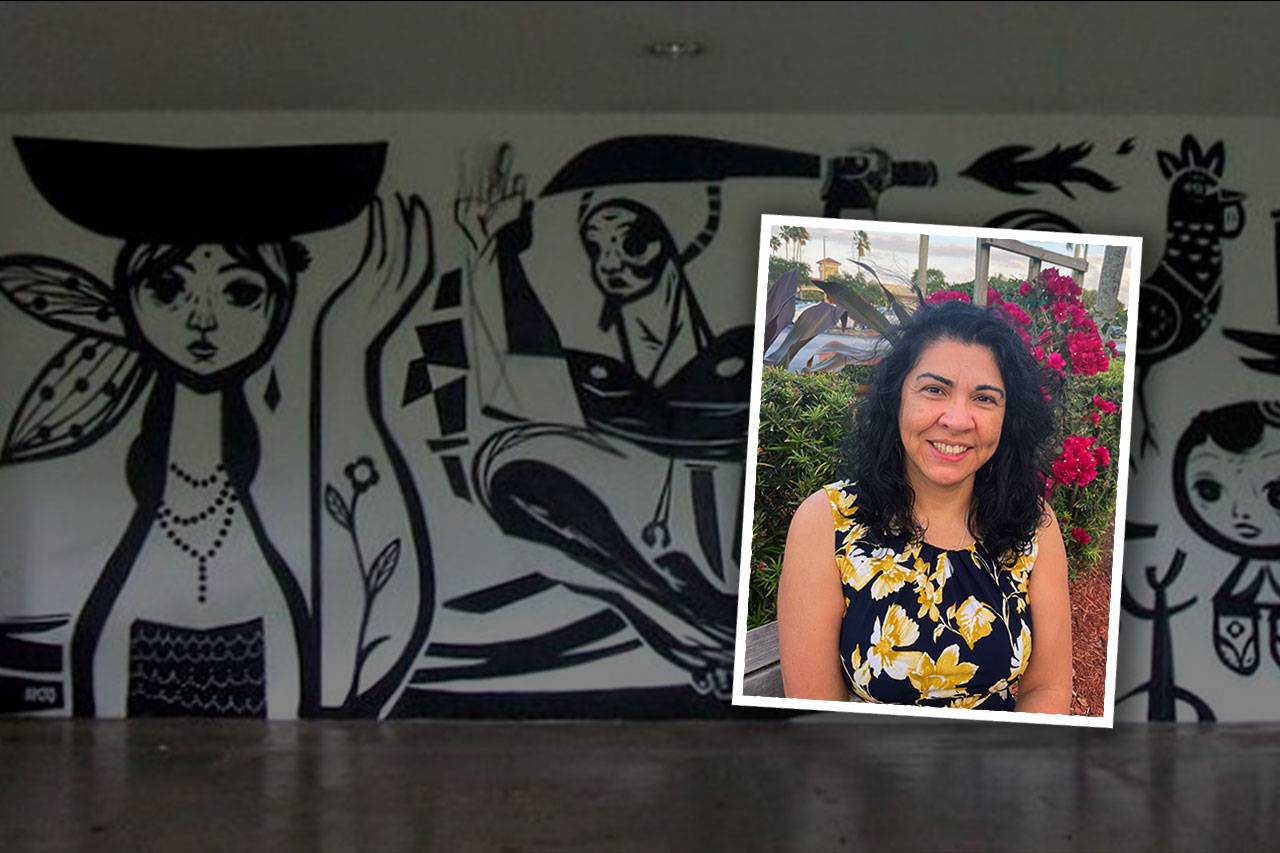Research Thursdays - Newly Published Research by Stephanie Ortiz Analyzes Racism and Sexism Across Online Platforms
Thursday, Nov 12, 2020
Stephanie M. Ortiz, Ph.D., assistant professor of sociology, has had two papers published in the Fall of 2020 that further her research into how domination within online spaces informs inequality in offline social domains.
“Trolling as a Collective Form of Harassment: An Inductive Study of How Users Understand Trolling,” was published in Social Media + Society and is available here:
doi.org/10.1177/2056305120928512
In the paper, Ortiz argues that online trolling has made a shift from the margins of the web to the forefront of academic and media discourses about free speech, harassment, racism and politics. Many scholars argue that trolling is an umbrella term for a spectrum of deviant behaviors online. However, feminist and antiracist scholars argue that trolling can often be a form of identity-based harassment. Part of what informs the debate over definitions of trolling is that academic conceptualizations of trolls’ intentions and motivations, and the impact of that trolling, are informed by content analyses of trolling discourses and not how people who experience trolling conceptualize it. Surveying 120 United States-based online users, Ortiz explores how everyday people understand what trolling is. For respondents, trolling is a collective form of harassment perceived as having the malicious intent to provoke another user. In fact, for most respondents, trolling is synonymous with racism and sexism. By overlooking how everyday users experience and make meaning of trolling, many academic definitions operationalize trolling as non-malicious and unintentional, which competes with lay interpretations of trolling. Consequently, our measures and interventions cannot account for the ways everyday users experience trolling as racism and sexism. These findings suggest that trolling is not only the byproduct of an unequal society, but it is also a mechanism through which everyday users experience inequality.
“Racism Without Racists? From Colorblind to Entitlement Racism Online,” was published in Ethnic and Racial Studies and can be found here: doi.org/10.1080/01419870.2020.18257
While colorblind racism has defined the post-Civil Rights era, few studies have explored how people conceptualize racism following the recent rise in overt racism and racist hate crimes. To evaluate if colorblind racism remains a master interpretive framework, Ortiz analyzed 60 interviews with young adults about their experiences of racism. Young adults’ experiences of racism are markedly different from previous cohorts due to the more overt nature of racism, especially online. In fact, respondents describe racist discourses and harassment as a key feature of their online experiences. Ortiz finds that overt racism is beyond the explanatory scope of colorblind frames. Hate speech and racist epithets are obvious examples of racism that render race-neutral explanations for racist practices ineffective. Yet, few classify their experiences as racism. Despite the significant negative implications respondents report (such as burnout, loss of sleep, hopelessness, and loss of trust in institutions like their university) others have dismissed their experiences because they were online, a rationale respondents come to adopt themselves. Ortiz uses Essed’s concept of entitlement racism to demonstrate how young adults makes sense of this “racists without racism” situation - by invoking “the right to be racist.” Whereas colorblind racism justifies covert racism, entitlement racism justifies and excuses overt racism. Covert racism and colorblind ideology create barriers for initiatives by obscuring the deeper, more structural ways racism continues to thrive across institutions. Entitlement racism then offers an effective weapon against interventions, conveniently deflecting attention away from addressing clear breaches in colorblind racism by framing efforts as infringing on groups’ rights.
Ortiz joined FAU in the Fall of 2020 after having received her Ph.D. in sociology from Texas A & M University. Prior to that, she completed a Master’s in Ethnic Studies from San Francisco State University. She currently teaches Sociological Perspectives and Race & Ethnic Relations. Ortiz’ teaching practices acknowledge that social inequalities do not suddenly disappear in the classroom. She aims to help students learn a vocabulary to describe the world around them, develop deeper questions about the inequalities they witness and experience, and realize their power in enacting agency in their lives.
(Printable Version)


